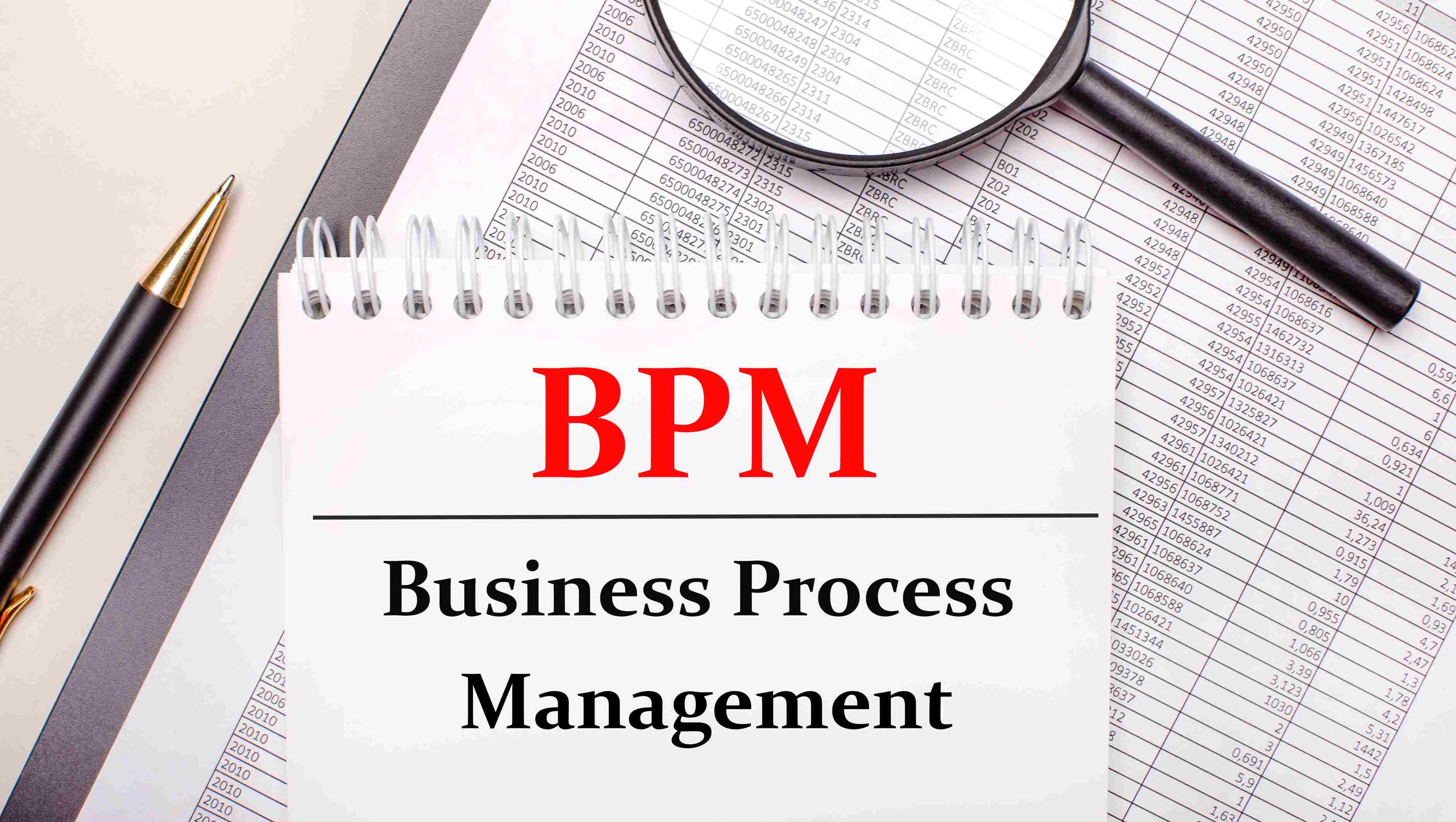Typical reasons for business process failure
Having a bad process in your business is like trying to drive a car with a flat tire — it slows everything down, makes things less stable, and costs more money further down the line. So, what causes process failure? Here are 8 of the most common reasons that processes fall short.
1️⃣ When the value of a process isn’t clear to those that are part of it, it means that there’s a good chance it isn’t aligned with business strategy or goals.
2️⃣ Without a way to measure how well a process is working, there is no way to tell if it is succeeding or failing. This also means that it is impossible to say why, where, or even if the process in question has failed.
3️⃣ Your company's employees have good ideas, bad ideas, and everything in between. If there is no standard way to implement them, this leads to a lot of misguided processes being set up.
4️⃣ The complexity of a process can also increase the likelihood of a process failure. Simple processes are easy to set up and lend themselves to automation. That means it's easy to keep them from failing. The more complex a process is, the harder it is to keep track of everything at once - and the easier it is to forget part of it or make a mistake.
5️⃣ Processes typically rely on integration. This spans integration between departments as well as systems — allowing teams and tools to be used together. Related to integration, some processes are reliant on others. So, if one process fails, it can cause others to suffer process failure too.
6️⃣ When things change in an organization, from tools to team members to processes, the people around them need to adapt. Sometimes change is disruptive. If that disruption isn't managed well, employees can struggle to engage with it.
1️⃣ When the value of a process isn’t clear to those that are part of it, it means that there’s a good chance it isn’t aligned with business strategy or goals.
2️⃣ Without a way to measure how well a process is working, there is no way to tell if it is succeeding or failing. This also means that it is impossible to say why, where, or even if the process in question has failed.
3️⃣ Your company's employees have good ideas, bad ideas, and everything in between. If there is no standard way to implement them, this leads to a lot of misguided processes being set up.
4️⃣ The complexity of a process can also increase the likelihood of a process failure. Simple processes are easy to set up and lend themselves to automation. That means it's easy to keep them from failing. The more complex a process is, the harder it is to keep track of everything at once - and the easier it is to forget part of it or make a mistake.
5️⃣ Processes typically rely on integration. This spans integration between departments as well as systems — allowing teams and tools to be used together. Related to integration, some processes are reliant on others. So, if one process fails, it can cause others to suffer process failure too.
6️⃣ When things change in an organization, from tools to team members to processes, the people around them need to adapt. Sometimes change is disruptive. If that disruption isn't managed well, employees can struggle to engage with it.

